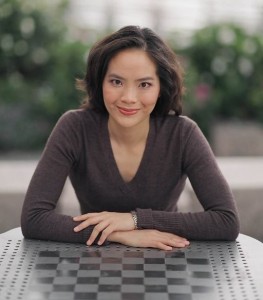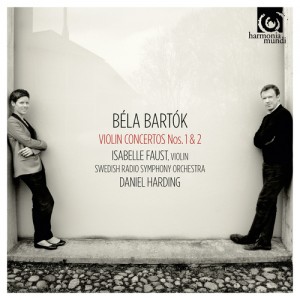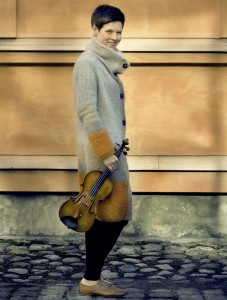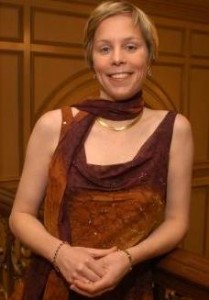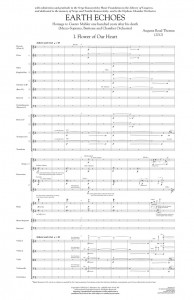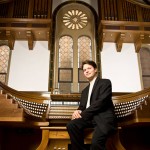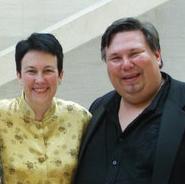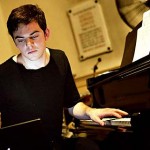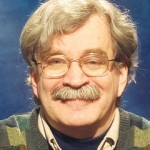By now, you’ve surely heard about Project 440 at Orpheus/WQXR, and the next round of cuts will take the composers to just a dozen (to be announced September 9th on WQXR). So I thought it would be interesting to talk to the remaining 30 before the cut about this process.
Q: “You all have probably been involved in a group lesson or masterclass at some point – some sort of public forum – with a teacher, composer or perhaps an ensemble and conductor. Project 440, however, involves not only a selection committee, but comments on the internet. How do you view the critiques and praise, both positive and negative – and how does it differ from a masterclass/learning situation?”
A’s:
David T. Little:
As always, comments on one’s music should be understood for what they are: opinions. While a composer certainly can (and should) learn something by considering other people’s thoughts on their work–especially, say, in the case of a master class–they ultimately, for better or worse, answer only to themselves. When the time comes to sit down to write, I try put all of this aside and just create the best and most honest music possible.
Zibuokle Martinaityte:
Orpheus Project 440 offers young composers three main ingredients, which solidify the recipe of becoming a successful composer in the world and make it complete: exposure, the opinion of a larger audience and the critical judgment of a highly competent selection committee. The integration of these three things distinguishes it from other projects and learning environments such as master classes or public forums for composers. These usually incorporate one or two of the above-mentioned components, but have a non-worldly aspect used for isolated learning where only professionals of the field contribute their qualified opinions or honest advice. This is very useful for analysis and explanations of complex music and perhaps even improving compositional skills, but has little to do with the important relationship of composer to audience.
Due to its presence on the Internet, Project 440 is a unique and useful “reality check” with listeners who are in fact the audience whether one realizes it or not. This framework creates more vulnerability for the composer who becomes completely exposed to others not only through the sounds they create which would be typical for a composer, but also through the verbal interpretations of the listener. People have the freedom to speak candidly about the music and regardless of how we feel, it is posted and available for others to read. Furthermore, it is going to influence other listeners as well. It is my first time participating in a web-based public project and I’ve been very curious and stimulated by reading all the comments. Both positive and negative feedback is equally valuable for me, giving me a glimpse of what the listener is actually experiencing when encountering my music.
Chen Yao:
I am open to different critiques and praise, as these comments are based on the listeners’ different listening experiences on my music. I can tell that the critiques and praise I have received for my Glowing Autumn come from the listeners who are from all kinds of backgrounds. They take my music to various perspectives and levels. I deeply appreciate their individual thoughts and comments. I am very happy that my music can offer the listeners a little sound pleasure as well as an angle by which they can get to see and think what today’s young composers are creating.
It definitely differs from what you can hear and learn from a masterclass. The internet offers a no-personal interaction inviting listeners from a broader level of society, and mostly the comments you receive on line present a wide range of aesthetic levels and unfold what your music means to others. A masterclass provides a situation in which a composer can share his/her music ideas with other professional and experienced colleagues, and often the comments you receive at a masterclass deal with the composers’ understandings of what music composition is, and what might improve your composition.
Clint Needham:
I applaud the idea and effort behind Project 440 and I am honored to be selected to the next round of the competition. However, the major issue is that most comments for each composer come from friends of the composer (myself included). In an open forum where anyone can comment there is really no way of being “fair” and totally objective. That being said, I am fine with the way things are being run and I am happy the final decision comes from the committee. I would also add that I don’t think most of us would get such glowing reviews (or overly harsh ones) in a room where people, who were asked to be objective, spoke to us directly.
Christopher Lee:
I view comments I receive from the Internet not at all like those I would get at a masterclass, or even from a newspaper review, though that’s closer. Comments from online listeners represent feedback one would get from a concert audience, made up of people with very diverse backgrounds and degrees of experience with music. As such, I think this is important feedback to have, and represents “the last stop” our music makes on its journey into the world, but I would expect composers to take the same attitude towards it as they do to reviews: some will care, and others will not. This seems to be an interesting new direction for the reception of concert music however, and puts the music back into the public arena in a way reminiscent of the 1930’s and early 40’s with Copland and other populist composers.
Alex Mincek:
The comments have been fun and interesting to read. However, because many of the people who have commented perhaps feel as though they are in some way directly voting, there has been some amusing hyperbole. This project has been a unique experience and so I don’t really find it has much in common with a masterclass situation. While it is certainly informative to hear feedback, I don’t think the dynamic between myself and an anonymous commenter has much in common with any teacher/student relationship I have encountered. I think the project has more in common with a post-concert situation, where, after hearing my work people sometimes share their reactions and opinions without necessarily intending to be pedagogical in any way.
(more…)
